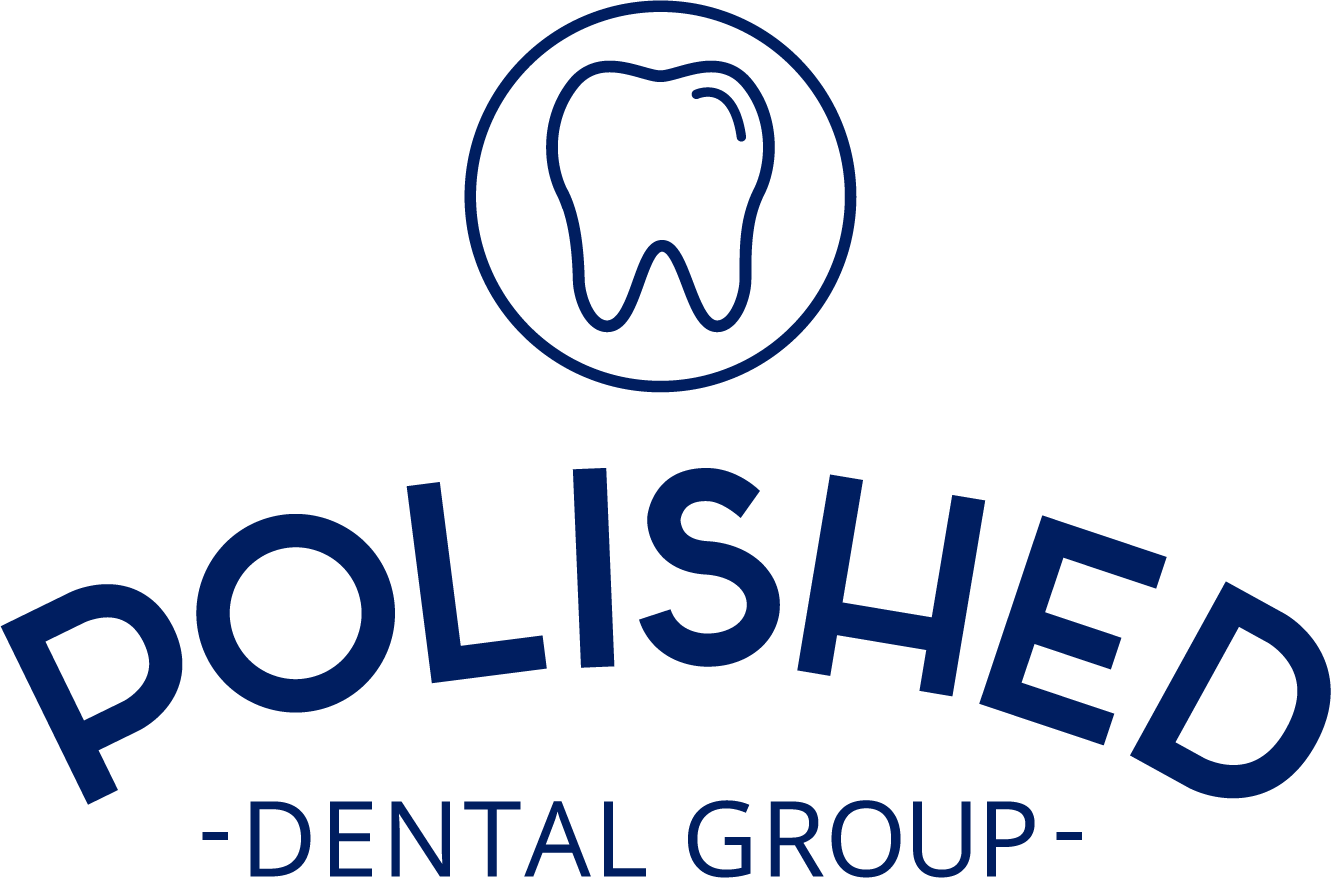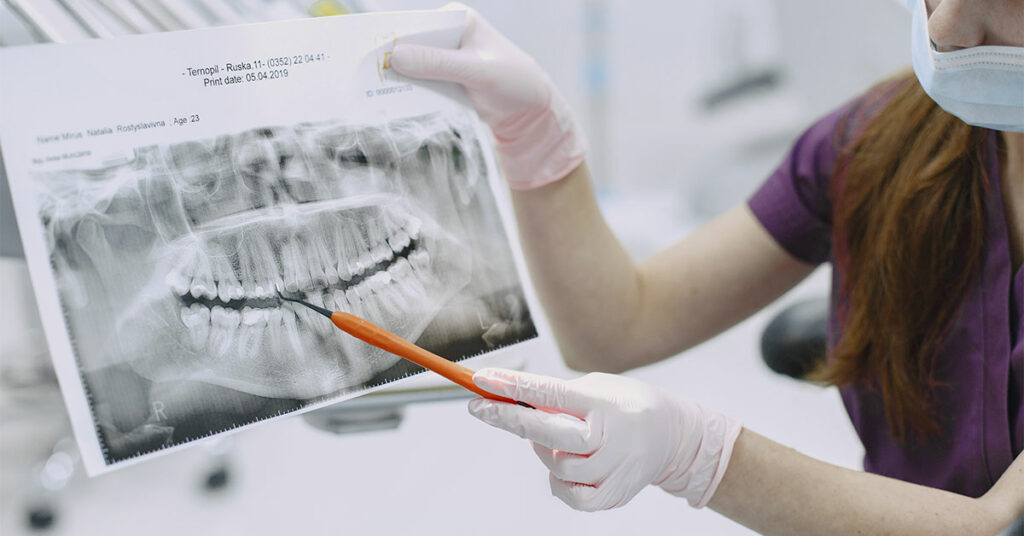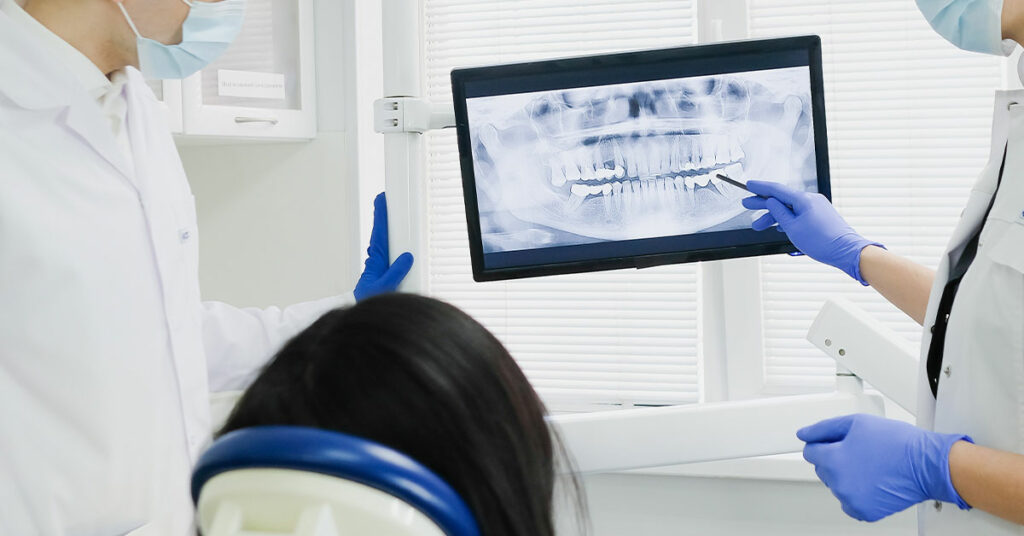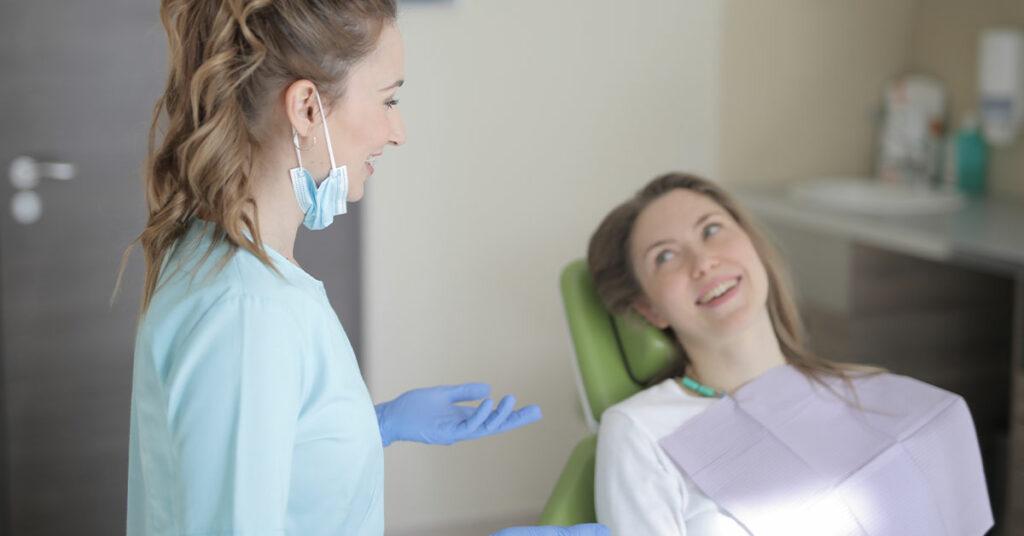How to maintain your kids’ oral health
Often the threats that sugar can cause to your oral health can go unnoticed. This is usually the case with children’s oral health too. Hiding in so many of the foods and drink that we consume daily, sugar has damaging effects on our body and teeth.
For children who consume a lot of sugar and have a high sugar intake daily, tooth decay is a very serious possibility. Many types of bacteria live in our body and mouth, and certain kinds of bacteria feed off sugar and create an acid that can cause softening or dissolving of the tooth’s enamel or protective outer layer. This in turn creates tooth decay or tooth cavities.
Our bodies naturally offset the acids created by sugar in our mouths by producing saliva which acts to rinse the mouth. This process of lessening the effects of the damaging sugar acids on your teeth enamel is called remineralisation. If the cycle of acid creation in your mouth (due to high sugar intake) is constant, however, the enamel on your teeth won’t have a chance to remineralise. Drinking water aids in saliva production; if your kids were to keep drinking a lot of carbonated fizzy drinks during the day instead of water, they’re inadvertently helping the bacteria produce more acid faster than can be neutralised in your mouth, and the results can be quite unfavourable.
Watch Dr Thomas talk about Paediatric Dentistry in the video below.
What’s the recommended daily sugar intake?
The recommended guideline for an average adult’s daily intake of sugar as provided by the World Health Organization is up to twelve teaspoons of sugar or 10% of your daily energy intake requirements. That’s roughly about 50g per day. It’s challenging to provide a measurement for children for their daily intake as it varies depending on factors like age and sex.
Click below for a guideline on the recommended energy intake required for children. However, it is important to remember that it doesn’t account for your child’s size or level of activity during the day.
You’d be surprised to know that a small 375ml can of Coke can actually take up as much as 80% of your daily sugar intake as an adult! This leaves some 20% of sugar allowance left for food, which even without added sugars, naturally contain sugar as well.
For more information on what foods are considered high in sugar and to see how drinks compare in terms of their sugar content, click on the link to Read the Full Article at the bottom of the page.
What do you need to do to protect your child’s teeth from sugar?
Sugar weakens the tooth’s enamel and causes cavities. These holes, decay or cavities cause damage that is permanent to the tooth.
When there is tooth decay, it becomes necessary for a dentist to be involved in fixing the issue and treating the damage to the tooth. The cavity can be a tiny hole that has started to develop in the tooth’s enamel which can be easily treated using a standard dental filling. However, if the decay has penetrated and affected the pulp down in the root of the tooth, the situation becomes more serious. This will only happen if you leave a tooth that is starting to decay untreated for a long time, causing more layers of the tooth to get affected and rot.
In the case of a cavity or decay infecting the root of the tooth, the dentist would have to perform a root canal treatment to save the infected tooth. This is more invasive and will take more time to heal. If the tooth is simply unsalvageable, it must be removed.
In a child, this will be the last resort for a dentist. Your child’s primary teeth play a vital role in keeping all the teeth in the correct place until the adult teeth begin to form. Losing a tooth early on as a child could create spacing problems with teeth and will result in necessary orthodontic treatment later as your child grows up.
Cut down on sugar in your family’s diet. Try to always maintain a healthy balanced diet for meals and good oral hygiene practices like brushing teeth daily with fluoride toothpaste and flossing, limiting sugary foods and drinks and visiting your dentist for regular check-ups and cleans!
It’s absolutely vital that you seek advice from a dentist on your child’s oral health as soon as their first tooth starts to emerge. This way, the dentist can keep a close eye and monitor to see if any signs of decay show early on and avoid having to undergo intrusive treatment procedures.
Creating a positive experience at the dentist
It would be helpful if your child sees a dentist for the first time prior to any dental issue arising. This is because we can then start off by introducing your child to dentistry with a more gentle, non-invasive examination to spend more time establishing a positive relationship with them. If we can establish a healthy relationship with your child from the get-go, we can minimise any dental anxiety or phobias that may arise after visiting the dentist for the first time for a major dental procedure, creating a negative association in their minds.
It is important that you do not talk about seeing the dentist in a negative way. Often children associate seeing the dentist as a frightening experience.
- Don’t bribe your child
- Don’t tell them that it might hurt and that they’re brave
- Don’t speak of any negative experiences that you may have experienced at the dentist
- Don’t be anxious; this could transfer to your child who sees that you’re anxious
- Try to be positive and make it a fun experience
- Make regular appointments with the dentist for check-ups
To read the full article click on the link below.
Summary
Watch Dr. Daphne talk about Paediatric Dentistry in the video below.
If you need to book in a routine check-up with the dentist for your child/children, contact our friendly team at Polished Dental or book an appointment online.
Sang Ho: 24/7 emergency dentist in Kenmore, Brisbane
Professional dentists for all your paediatric dental care needs.





